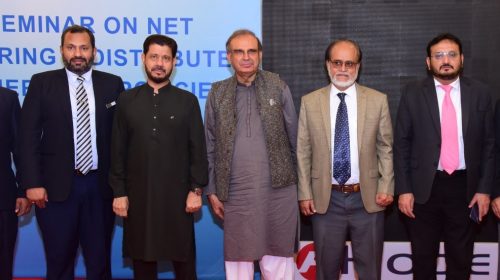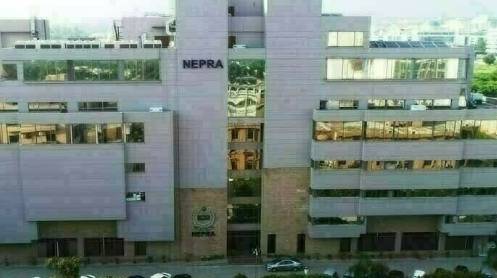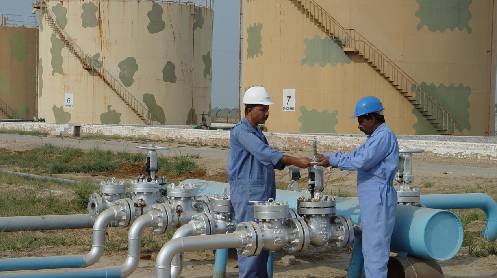Well-off power consumers having rooftop solar systems be permitted to donate excess electricity to charitable causes in Pakistan
Karachi: Well-off consumers with rooftop solar systems should have the opportunity to donate excess clean energy to charitable causes, benefiting deserving segments of society.
Moin M Fudda, former managing director of the Karachi Stock Exchange and ex-chairman of Central Depository Company of Pakistan, suggested this to the government regarding the potential revision in net metering policy in the country. Fudda, a prominent figure in the Pakistani and foreign insurance industry, made these remarks at a seminar on net metering and distributed generation policies organized by Hopewind.
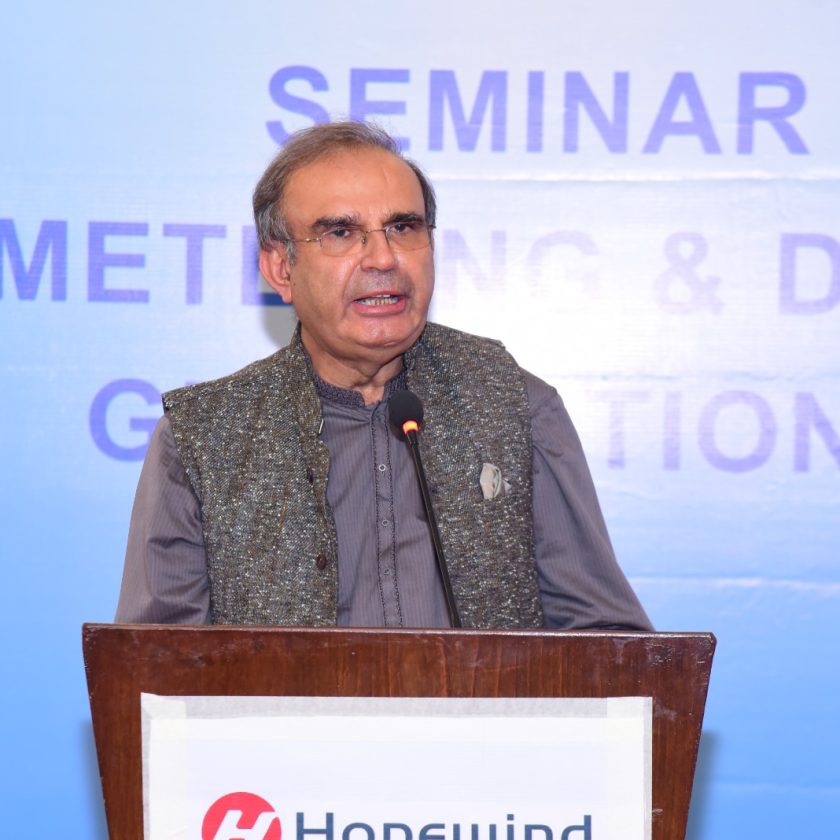
He emphasized that incorporating philanthropy into the net metering system would allow generous consumers to support deprived communities and institutions by donating surplus electricity. Specifically, he highlighted the potential benefits for underprivileged areas in Karachi, such as Lines Area and Lyari, where residents struggle to pay their electricity bills, especially during peak summer months.
Fudda also stressed the positive impact of such a donation program on mosques, seminaries, and charities that face challenges in meeting their electricity requirements due to financial constraints. Furthermore, he urged the government not to impede industrialists and businessmen planning to install large off-grid solar power systems with significant generation capacity, as this would help them avoid costly grid electricity purchases for their operations.
He suggested that the government should permit a net metering system for households with a single-phase electricity connection if it genuinely wanted rooftop solar installations to benefit low-income power consumers.
He mentioned that rooftop solar power systems in the country had an installed generation capacity of approximately 1938 MWs.
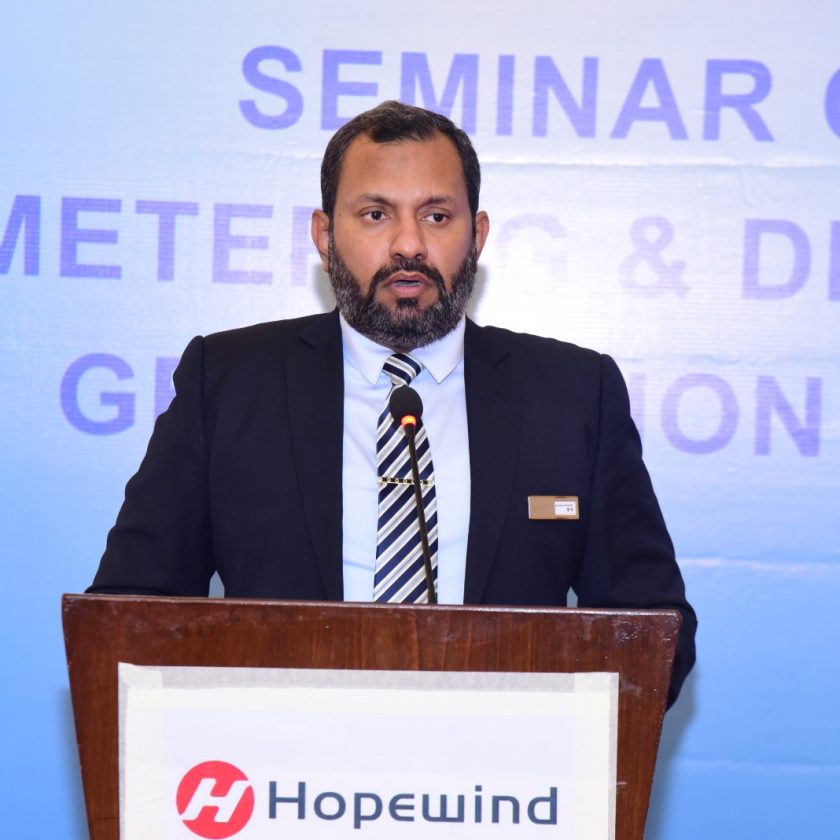
Syed Salman Mohiuddin, Hopewind Regional Head, stated that only 5.4% of the country’s 40,000 MW installed power generation capacity is based on renewable energy sources like wind and solar power. He highlighted that hydropower contributes around 25% to Pakistan’s power mix.
He emphasized that Pakistan must achieve the goal of generating 60% of its electricity from renewable energy sources, including hydropower, by 2030, as achieving this target in the next six years is highly unlikely.
He suggested that the government should promote the installation of rooftop solar systems to meet its clean energy generation targets.
He advocated for the implementation of an inclusive policy for a net metering system in the country, with specific provisions for domestic, commercial, and industrial consumers.
He opposed any proposal by the government to introduce a gross metering system for the domestic sector, which accounts for approximately 50% of total power consumers in the country.
Mohiuddin believed that implementing gross metering for domestic consumers with rooftop solar systems would not be a viable option as it could hinder the further growth of the clean energy market in the country.
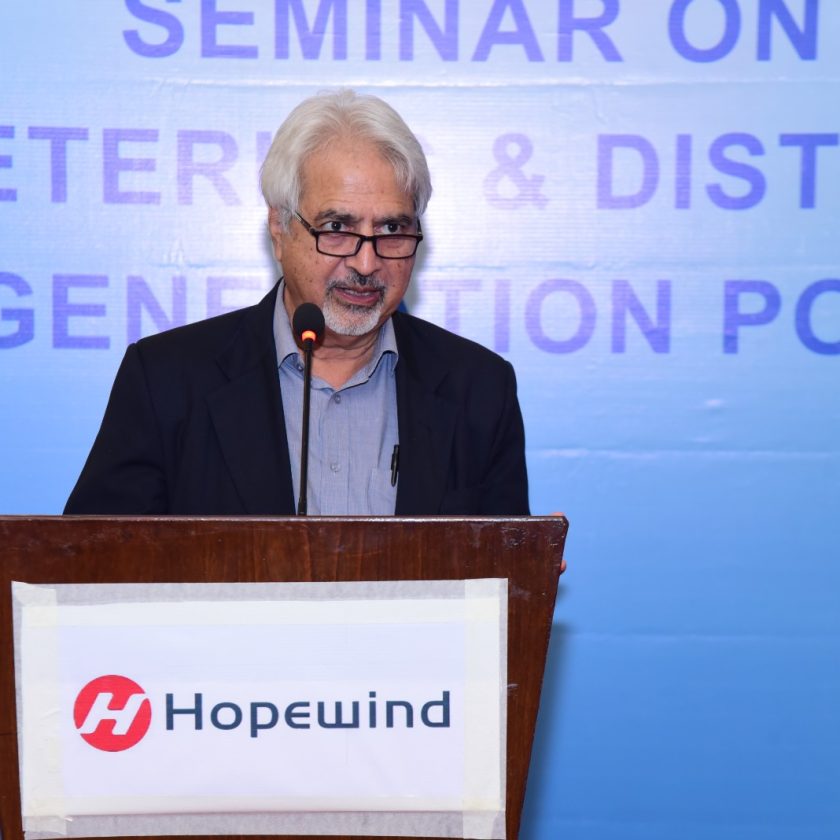
Clean energy expert Irfan Ahmed, speaking at the seminar, proposed that provinces should be given the authority to oversee wind and solar power projects since renewable electricity is a distributed generation resource.
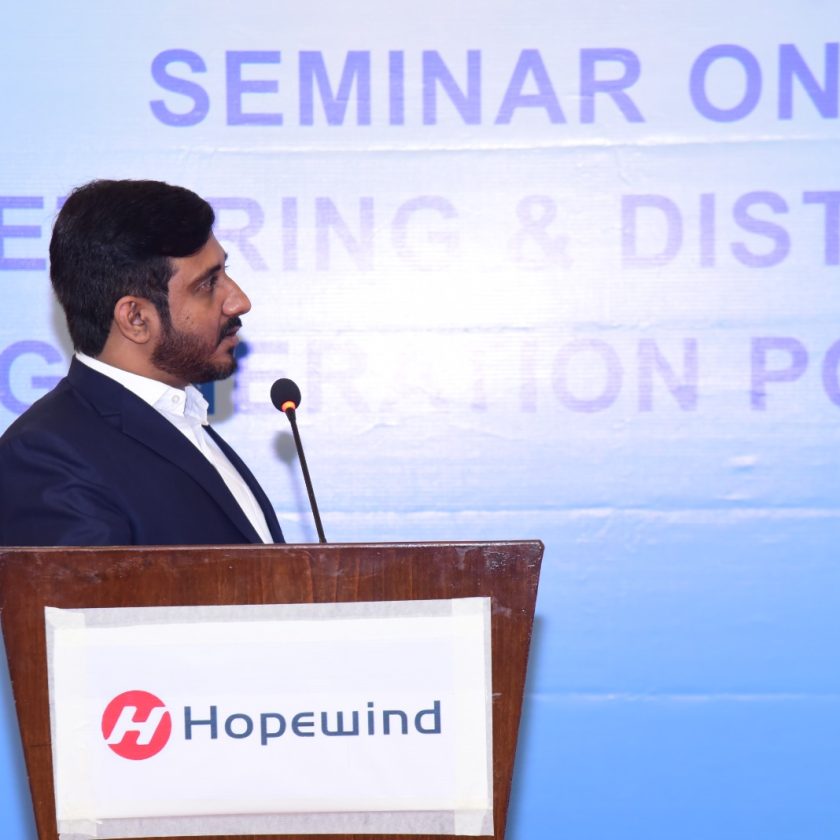
He recommended that wind or solar power generated in Sindh be consumed within the province rather than being transmitted to other regions through the NTDC transmission system, which has significant technical limitations.
He revealed that net metering systems in Pakistan had a total generation capacity of no more than half a gigawatt of electricity, while in Germany, the same systems had an installed capacity of 45 GWs. He suggested that smaller grid companies should be established, similar to Germany, to address net metering issues instead of involving large power distribution companies that are not equipped to handle such micro-level power generation systems.
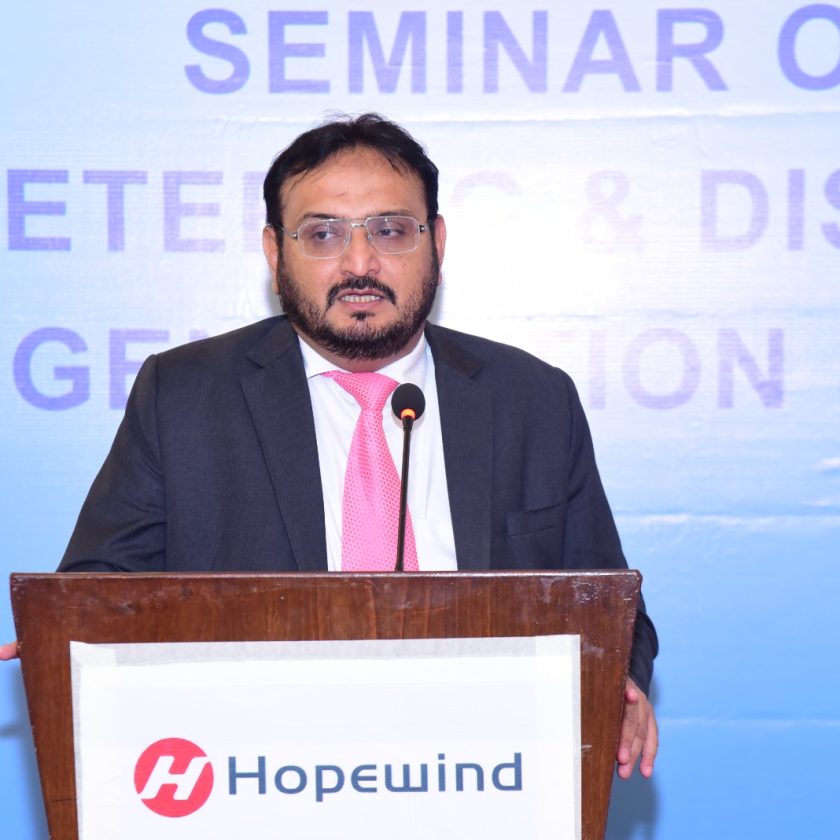
Mehfooz A Qazi, Director of the Sindh Solar Energy Project (SEEP), stated that federal authorities had informed top Sindh government officials that no taxes would be imposed on solar power equipment, and the policy for power consumers who have already installed net metering systems would remain unchanged.
He emphasized that the installation of rooftop solar systems aligns perfectly with the government’s policy to maximize clean energy production in the country to address the challenge of climate change.
He mentioned that the SEEP had utilized rooftop space in public sector buildings in Sindh to install solar power systems with a total generation capacity of 50 MWs, out of which 21 MWs were installed in government-run hospitals.


